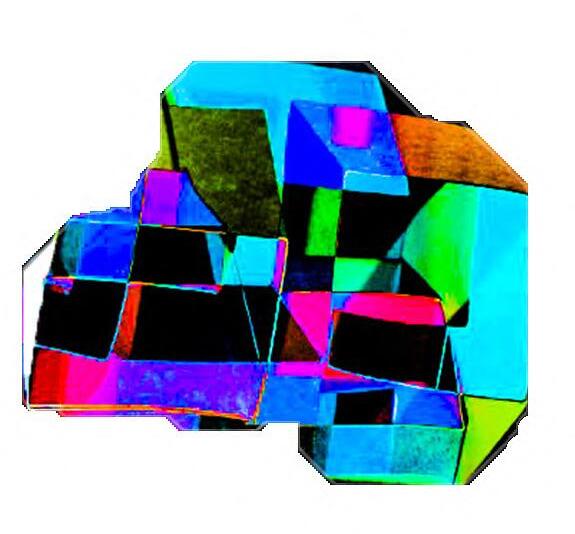LIBERTAS Pandora’s Box

VOL. 23, NO. 3


VOL. 23, NO. 3
Multiply (Cover)
Bathers
Atlantis
For Epimetheus
Slow Drip
Dead Joke Goldfish
Falling Lucid
Claire Tatum
Emily Ezell
Laura Bullock
Jaiden Truhe
Nathanael Bagonza and Isaac Franks
Jacquelline Nyakunu
Jeremy Kemp
John M. Caldwell
Max Shackelford

Editorial
Editors in Chief

Copy Editors
Fiction Editors
Elsah James Max Shackelford
Emma Anglin
Flora Konz
Andre Phillips
Ashley Allushki
Katie Forrester
Poetry Editors
Layout Editors
Phoebe Anderson
Eliana Burgin
Erin Price
Savvanah Vonesh
Audrey Bohlin
Avani Damidi
Emma Huff
Cole Erickson
Cate Goodin

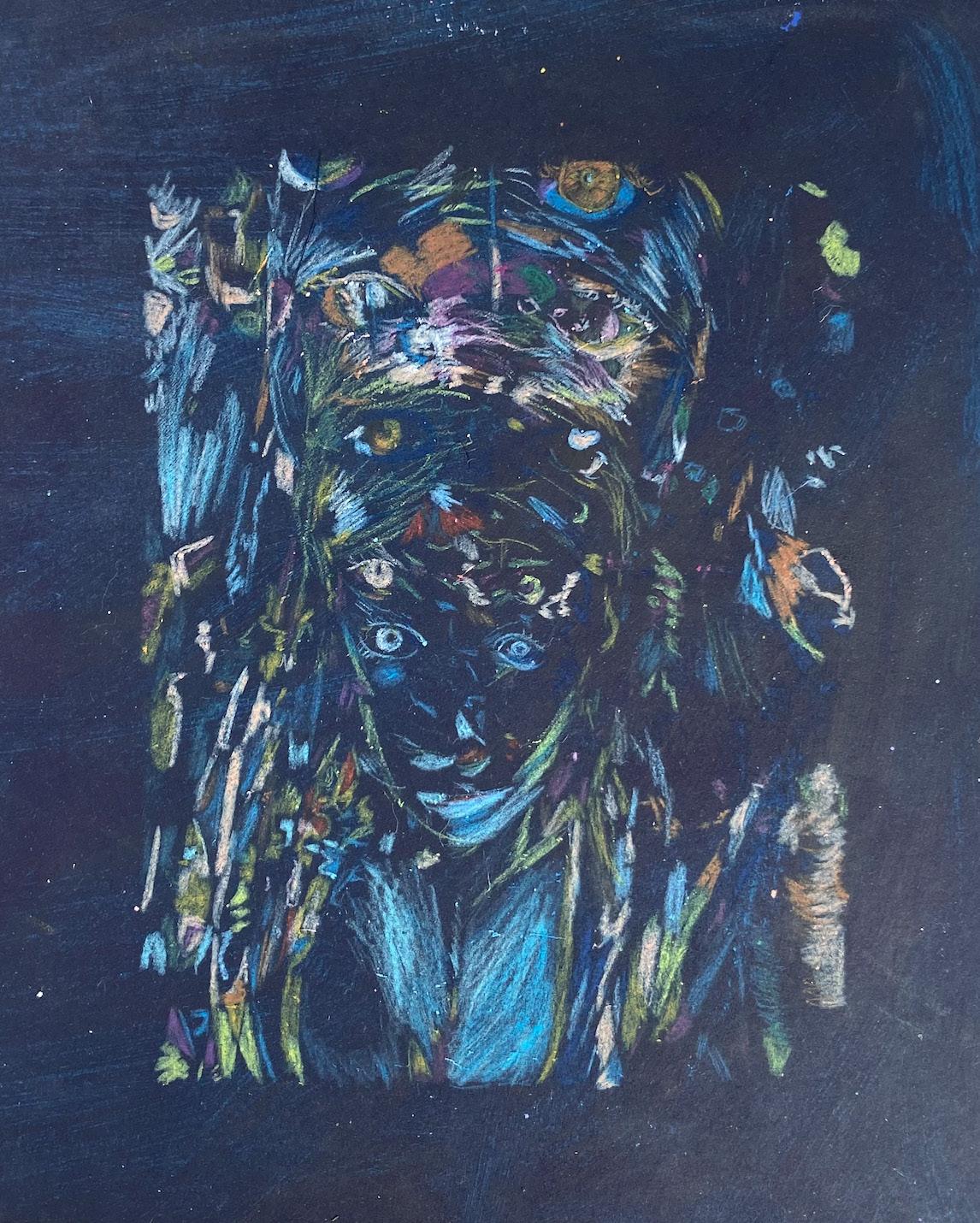
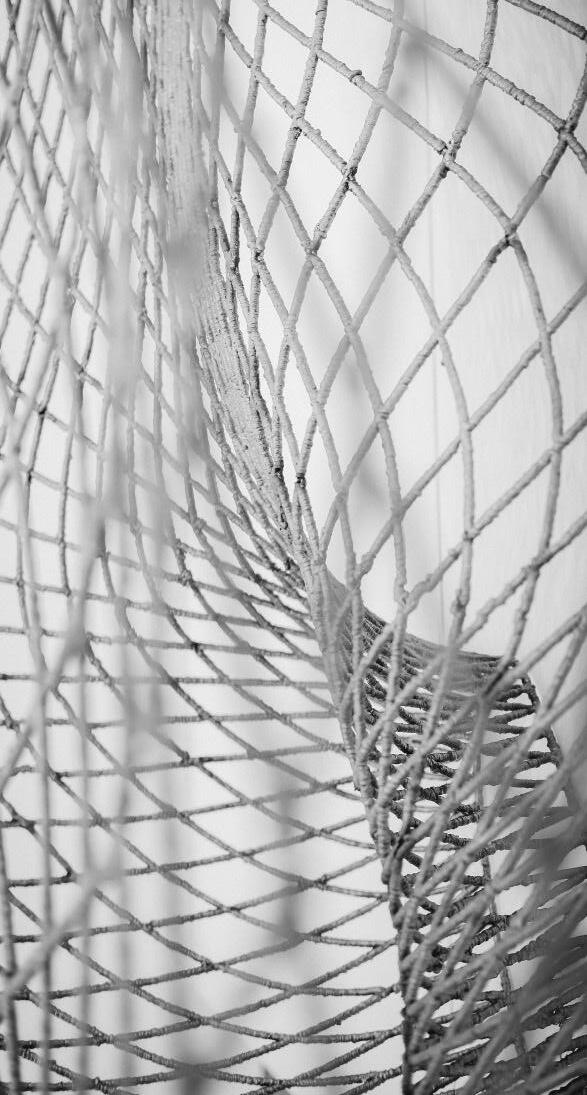

Washington, D.C. is home to many lobbying firms. This week, the United American Federation of Baristas and Coffee Critics Union, UAF-BCCU, is having their annual convention.
There are known to be barista conventions around town with relaxed atmospheres. You might even be able to spot a Keurig machine on the premises. This convention is different. Nothing is served here but the most refined Hawaiian grown coffee. The creamer cultivated from the finest dairy cows in Wisconsin is sweetened with sugar grown in South Florida and a splash of unethical corporate policy.
Timothée Saint Pierre, a lowly card carrying member and small coffeehouse worker, wants justice to be served. He checks the tastefully placed grandfather clocks around the auditorium hall; they all read 7:48 a.m. Timothée smooths his Starbucks apron against his thigh and stands up, heading for the main stage. He draws an elegant corncob pipe from the front pouch of his apron and begins to light it. Smok ing inside is a problem in and of itself, but what draws Timothée glaring looks from his peers is the total disregard he appears to have for his taste buds. Eyes begin to follow him across the room, judging him for dulling his taste buds and polluting their air in the process. Within seconds, he also catches the attention of the venue security team.
***
Since the early 1950s, all Timothée’s grandfather Archibald Cox III, had fought for ethical business practices in the barista world. He fought the corrupt barista lobby for decades and helped ratify the Inter national Barista Manifesto, the IBM, with a group of founding fathers, the Morning Joes. He drank gal lons of coffee in front of the White House, and made international headlines for staining its walls and his teeth in the process. Consumption was a small price to pay for activism done right. In his waning years, the codes of conduct Archibald had paid for in blood, sweat, and coffee beans were cast aside like a cold Americano.
The UAF-BCCU President’s secret service, intent on preserving beverage quality and protecting the President of the Council of the People’s Commission on the Coffee Bean, closed in on him. Timothée takes one solitary drag before breaking out into a sprint.
The President of the UAF-BCCU is known to be one of the most corrupt figures in the plant-prod uct commodity industry. His recent actions during his testimony in Congress set off fierce opposition from the general body, and, in a few minutes, something even more bombastic than the strongest double espresso.
Timothée was one of the leading voices behind this charge to revolutionize the work life balance in this country. Many likened the young radical to the revolutionaries of his home country of France like Robspierre, Lafayette, and Georges Danton. He saw himself as more of a Bob Woodward figure for uncov ering his own Watergate.
The President had taken a bribe from alternative milk manufacturers just days before his crucial testimony for the Senate. He advocated against a shorter work week so that more milk will be sold, and thus more money would end up lining their pockets. The President’s actions were in clear violation of IBM Amendment #37 subsection 1.12B: thou shalt not commit adultery (with the cow milk industry).
Timothée was fed up with what his team of trusted friends had dubbed ‘Almondmilk-gate.’ The pipe bomb he placed underneath the speaker’s booth before the “Apron Making, Low Thread Counts, and You: Fast Fashion and the Barista Industry’s Green Aproned Future” talk was set to blow. The Presi-

dent and his Cabinet, known colloquially as the Pantry, took their seats. The clock struck 9:50 a.m., a meaningful time chosen because of the year, 1950, the 50 codes of conduct of the IBM were made official.
Archibald Cox III still believed democratic action and peaceful protest was enough to stop the UAF-BCCU president. Utilizing his Grand Master Barista Emeritus clearance badge, Archibald rushed past security as fast as his new hip could hinge him. The old barista implored his beloved grandson to continue the struggle in a different way, but the boy had no patience for civil discourse. Fateful milliseconds tick away. Kablooie. On that fateful morning, Archibald wept at the destruction Timothée had wrought.


Jacquelline Nyakunu
The skeleton man laughed, I do not like the color of his voice
It’s too dark. It bleeds.
A distant lover calls my name
But I have had a niggah throw dice in my face, not just twice but thrice these lies hydrolyze all ties
I do not like the smile of the moon
The universe has two men morons
Why is the sky so loud today?
I can hear the wind shining. The sun is raining. This breeze is draining.
My heart is drowning. Stop asking!
I hear you -
I do not like this mirror’s face
It’s too blonde. It looks like yesterday
I’m scared of yesterday. More scared if tomorrow comes like yesterday, and today becomes yesterday Cause when dawn comes, the bones shall rise again and the skeleton man will laugh at my dead joke again
How do I tell him my joke ain’t a joke
Ain’t dead, ain’t meant for him to laugh
How do I give a stone a heart
Does fire catch feelings?
Or it just keeps on burning
Burning these feelings
Till they are ashes
Grey and impure.

by John M. Caldwell
the grip of her lips stained on your neck as you tighten yours on mine, I stare this time; I watch your distant eyes we both think of her, knowing all the time remembrance is a bridge, we like to step out over twine the fields hold our wings, we can’t fly again, remembrance, the ground below breaking our weightlessness, in a blink, we know, we can’t fly when gazes unstrain, we both think of her; your mark remains
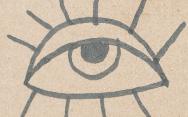
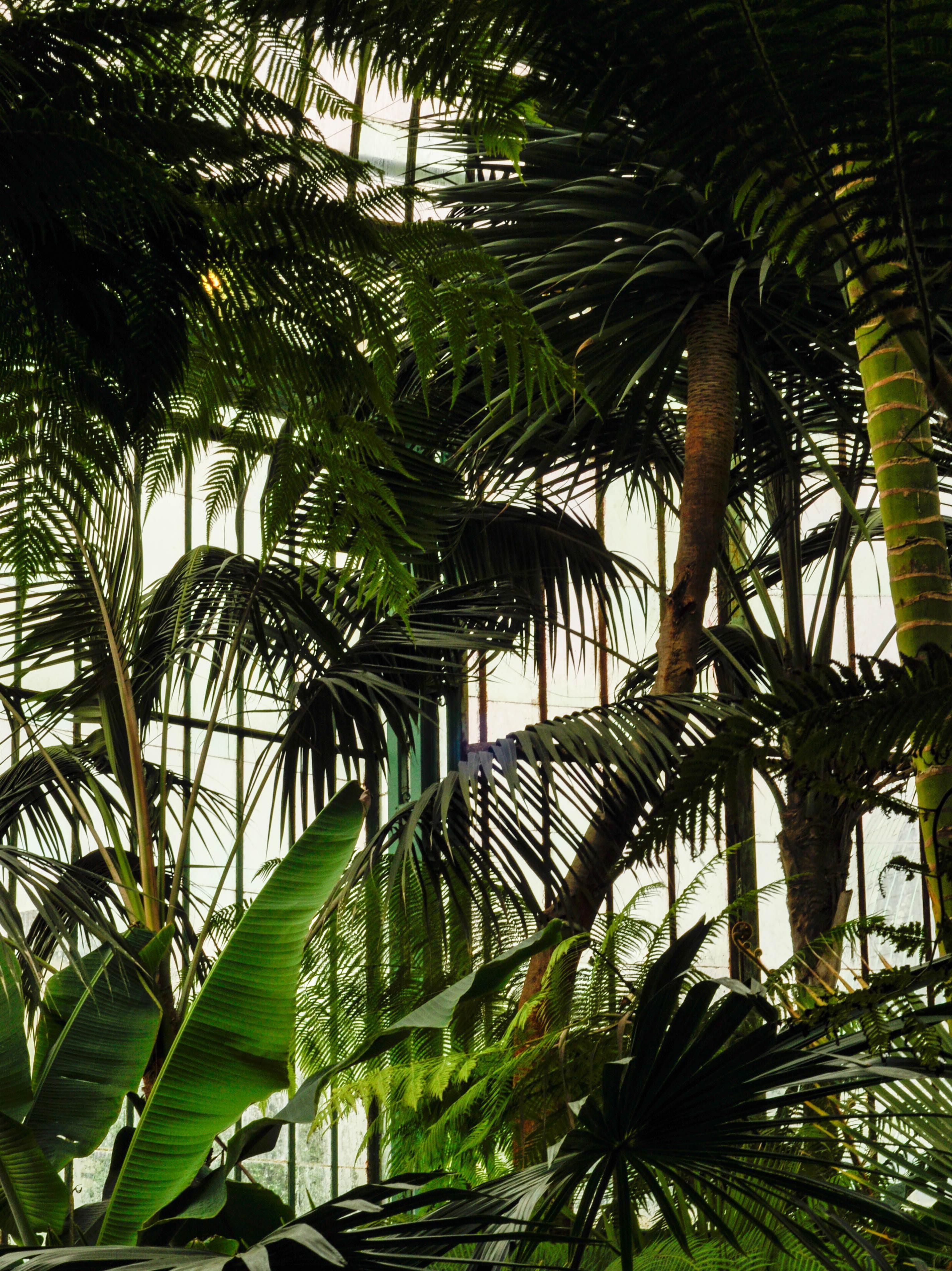
Lucid Max Shackelford
Jill opened the door of the herpetarium for herself and left her classmates to file in behind. Animals that crawl and slither were everywhere in sight, trapped behind double-paned viewing windows smeared with dust and dirt and residual excrement. Jill moved much like the exhibit’s fruit flies, buzzing from perch to perch and zipping through the air so chaotically that it was hard to track her exact movements. She pressed her face against the horned frog’s box; she bumped into Stacy on the way to pet a boa constrictor; she was alone admiring the anaconda that was halfway finished shedding its skin; she was sitting on a bench that faced a wall of spiders. There were a dozen boxes in rows of four fitted into the faux rock wall; each box held one species. Jill ran her eyes along the rows until she found what she was looking for. The brown recluse. Jill stood to study the habitat but could not find the spider at first. Recluses like to hide in dark, dry, and warm places. She found it, the only one that should be in its box, and it was hiding inside a hollow, plastic log.
“Jill?” Jill turned around. Professor Heath was coming over. “You found the recluse.”
“Yep, it’s hiding. See it? It’s in the plastic log.” Jill pointed, her fingertip flat against the glass panel.
“Good eye.”
“Thank you.” Jill lifted her finger but held her gaze.
“Small one too. I saw bigger when I was down in Mississippi last summer.”
Jill had seen bigger too, but she said, “During your research?”
Heath nodded. “Yes. The lab had a forest behind it where we collected a lot of our specimens.”
“Hm—cool…”
The spider was waving its two front legs in the air. The other six held up its torso and abdomen.
“We are headed to see the fish next, Jill. Ready to go?”
Jill held still a moment, then said, “Okay.”
The rock walls out there were real, their surfaces rough and streaked with veins of worthless, abundant minerals. Two weeks ago, Jill had tagged along on a weekend backpacking trip with a pair of her friends.
She got bit on the second night. The recluse must have scaled the protruding ridges and the steep declines composing the pine trunk’s bark. Then it must have found her hammock’s strap, wrapped round and round the trunk, and followed its taut line from trunk to carabiner. In the folds of the hammock her sleeping body was swinging in the breeze and waiting for the spider to explore. Jill thought she had cut off access to her body’s warm creases and crevices. She had stuffed her shirttail into the waistband of her jeans and tucked her pant cuffs into long socks. But the spider must have found the fresh rip in her shirt just above her left hip. There were prickly thorns all along the trail. Feeling flesh beneath its eight legs, the recluse must have settled in. Its bite sank shallow, the venom went deeper. Jill didn’t notice the scab until she changed clothes the next morning.
The zebra’s body looked solid black, the white stripes blocked by the fence poles. Jill was sitting on a bench opposite the habitat. She’d forgotten to take her meds this morning, and she had been on the bench for the past twenty-three minutes, waiting for her classmates to get snacks and drinks, then fidgeting, sighing intermittently, and finally paying attention to the animals in her vicinity. Three zebras were at a hay feeder in the enclosure she was facing; the all-black one shifted slightly,
and his white showed again. A pack of kudu behind her was relaxed and still. No leopards to run from? The thin, hairy tail of one giraffe kept grazing the back right leg of another giraffe who had looked back three times to check what was tickling her but had yet to figure it out. Otherwise, this area was empty of animals and deserted of visitors, so there wasn’t much else to look at except her classmates in line for coke, soft pretzels, dipn-dots, and funnel cake. Her professor offered to buy snacks for their zoology class with department money. But Jill wasn’t hungry for soft drinks or soft pretzels or dip-n-dots or funnel cake.
It was time to go. They had seen a few of the animals from their curriculum. A Black Rhinoceros, diceros bicornis, vertebrate, mammal, a lumbering mass with its iconic horns shorn off to rounded stubs. An Eastern Screech Owl, otus asio, vertebrate, bird, a small creature whose whole face narrows to the point of its beak. A Death’s Head Cockroach, blaberus craniifer, invertebrate, arthopod, a wicked-looking beetle with a skull pattern on its head. And of course, the Brown Recluse, loxosceles reclusa, invertebrate, arthopod.
Jill knew she was ready for the final, but this trip’s extra credit wasn’t why she came. She had always liked the zoo. Her family used to go for hours when she was young. Her brothers would yank their dad off to see the grizzly bear, so she and her mom would be left to wander the grounds alone. Every habitat held something new. Another pair of eyes whose attention Jill refused to give up trying to draw. Once her nose was flat on a hippo enclosure, and one came close. It swam with grace through the pool with slight ripples in the wake behind it. Its snout was bigger than Jill’s head. Jill had a staring contest with it. Her eyes were drying up. They burned. Then the hippo sneezed, and the churned up waves slapped the glass scaring Jill back and to the ground. She looked up at the hippo and thought it was giggling at her. She giggled too.
“Professor?” Jill said just inside the exit.
“Yes, Jill?” The keys of the van about to drive the class back to campus jingled in Heath’s grip.
“I think I’m going to stay a while longer. I’ll be fine. I can walk back to campus.”
“Are you sure, Jill? That’s an hour walk. The van will be five minutes.”
“Yeah, I’ll be okay.”
Jill went to see the hippos again. There were four of them: a male, two females, and a baby. Earlier, her class zoomed past this habitat. Professor Heath announced the snacks in the monkey section, which comes before the hippos. No one cared to stop long with the hippos when funnel cakes and soft drinks were around the corner. But now, the hippos didn’t seem too interested in her. The male and one female are sleeping, the baby curled up next to the sleeping female. And the other female was submerged in the pool near the water’s edge. She might be sleeping too. Once every few minutes, her snout broke the surface and then fell below. Jill wanted to tap the glass and holler like her younger self, but she controlled herself.
The hippos became the elephants became the flamingos became the scorpions became the beetles became the snakes became the spiders where Jill sat down.
Hoping to alleviate the continuous dull pain, Jill pressed her palm against her side. She pulled back to lift the hem of her blouse and leaned into the metal bar. Its pleasant chill tempered the wound’s burning sensation. She hadn’t scratched the scab in a few days: scratching only made the pain worse. She lifted the hem of her blouse and peeled back her bandage to peek. The bite site had grown larger and nastier. She took a small tissue from her bag to wipe clean the original puncture, tiny and continuously leaking blood and puss. Then she pressed the tissue against a small gray oval of wrinkled skin surrounding the center. Necrosis, the internet told Jill.
The tissue was dead or dying. But most of the site was an inflamed red oval. Possibly an ulcer. Its furthest edge touched the scar where her appendix had been removed two years ago. The doctor had told Jill the spider bite would heal in a few days. That most recluse bites inject so little venom that the natural immune system could handle it. That she would be fine. The backpacking trip had been two weeks ago. Nor had doctor said anything about possible infection—no worries about that risk. The swelling and pain had become so bad that Jill had made an appointment for tomorrow, with a new doctor.
Jill needed a new bandage, so she stood to head for the bathroom.
“Jill!”
She turned back. No one was in the herpetarium.
“Jill, over here.”
The voice was coming from the wall of spiders. It had a high pitch and a slight whine.
“You’re getting warmer…”
The brown recluse.
“Found me!”
“What the fuck. Are you talking?”
“Um-hmm. Yes, I am.”
“No shit! How the hell—”
“Better not to think too hard. Might shatter the illusion.”
“So, I must be sleeping,” Jill sat back on the bench.
“Could be. But that doesn’t—”
“And this is just a dream. And a fucking spider is talking to me. Same species that bit me too. That’s poetic.”
“I didn’t bite you! I don’t even know the guy who did. I’d never bite you.”
“Yeah. Sure.”
“I promise! I’ll prove it to you. Let me out of this cage, and I swear I won’t bite you.” The recluse left its log and leaned toward the transparent barrier.
It was an odd promise to make. Even for a spider in one of Jill’s dreams. “I don’t think so.”
It tried smashing its thin front legs against the glass, but Jill heard only a few taps resound from the box. Deeper, it spoke, “C’mon! Why not?”
“Because you’re a spider. A really poisonous spider like the one that already gave me the grossest, most painful, longest lasting bug bite I’ve ever had.”
“I said that wasn’t me!”
“Doesn’t matter. You’ll bite me just like the other one.”
“Not if you let me out.”

“Because you’re a spider. A really poisonous spider like the one that already gave me the grossest, most painful, longest lasting bug bite I’ve ever had.”
“I said that wasn’t me!”
“Doesn’t matter. You’ll bite me just like the other one.”
“Not if you let me out.”
“Sorry, but no.”
It crawled on top of the log now. “Let. Me. Out.” Its speech was heavy now, as if each vowel had to be individually swallowed and spat back out.
Jill stood again and approached the box. “I. Will. Not.” She mashed her forefinger against the glass.
The recluse jumped from the log to her palm, which Jill jerked away. “Fine, if you won’t let me out—”
The recluse climbed back up the log.
“I hate this tiny box.”
It was growing. Its legs reached down into the thin layer of mulch encircling the log.
“It’s too small. I haven’t been able to spin a proper web in years.”
Jill could see its six eyes now. Two big, four small. She began to step back.
“And the flies they’ve been feeding me have been dead for days. I miss fresh flies that are still squirming a little in my web when I—well, you know.”
Its two front legs reared up and went THUMP against the glass.
“All day long—” THUMP “—human after human just like you, Jill, prances through here.” THUMP “Some stop a moment to drool over me—” THUMP “—or some other poor animal.” THUMP “Then they buzz off.” THUMP “From the king cobra—” THUMP “—to the Komodo dragon—” THUMP “—to me—” THUMP “—and on and on and—” THUMP “—ON!” THUMP.
The glass shattered under the pressure, and Jill fell as every other box cracked open too. The recluse was free, but he wasn’t done growing. The other spiders descended down the fake rock wall. They swarmed underneath it in a mass that slowly thickened. There were more spiders than could have been in the boxes. They came from cracks in the ceiling, from underneath the herpetarium door, from each other. Immobile, Jill watched them crawl and weave and heard them vibrate in a low purrrrrr…
The recluse flashed its fangs, and the mass surged forward. Jill was stuck. And exposed. She screamed as dozens of little spiders crawled into her shoes and up her legs and underneath her shirt and in her hair. Then the pinching began. Everywhere. Her body was itchy, then burning, then in pain. The recluse skittered across the wood floor to hover its abdomen over Jill’s head. “I told you, Jill. I didn’t bite you before.” Out its backside shot silk covering Jill’s hair, mouth, nose, eyes. This was no dream.

Dear Davidson,
What did you find inside Pandora’s box?
This year, we had no idea where to start. Libertas had been missing in action for a long time, and we were basically starting over. We had no idea how to print, no clue what our budget was, and no committed staff members whose experience to draw on.
But it’s May now, and we figured it out. Three issues, fifteen staff members, and twentyseven contributors! And next year ought to see even more growth when we add four more issues to Libertas’ body of work. In that way, every issue we publish and print is another Pandora’s box for our campus to open.
We have loved working on every issue of Libertas this year as your editors in chief. We wish next year’s staff the very best, and we can’t wait to watch this magazine continue to add student’s artistic voices to Davidson’s campus.
Thank you for reading,
